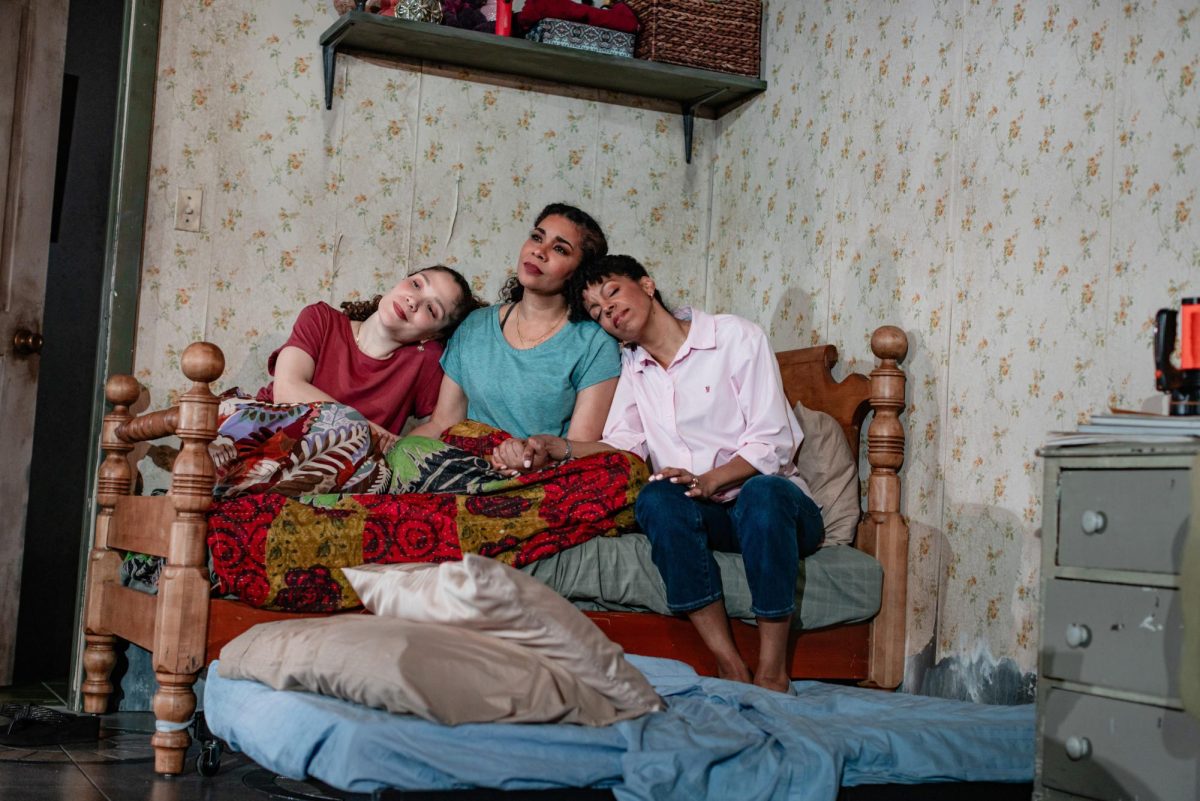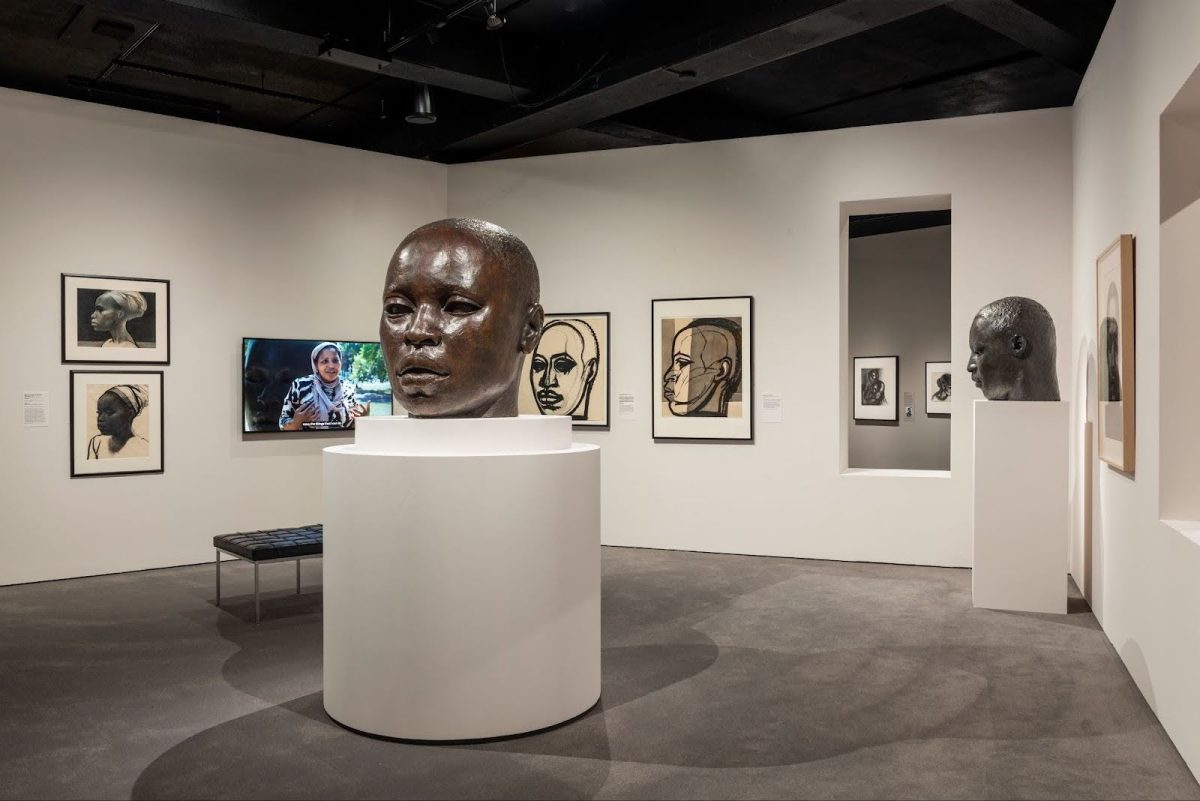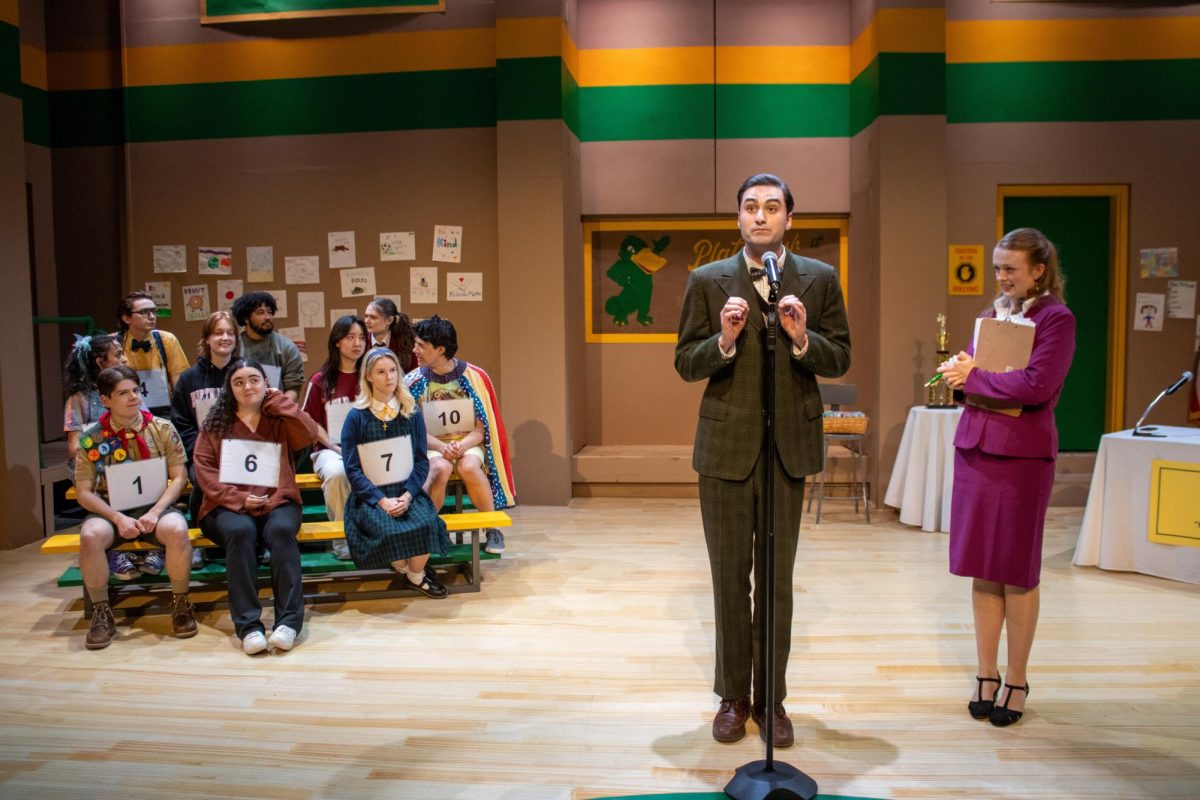By Amy Eisen, news correspondent
The battle of the sexes is an ever-present theme in society, discussed on both today’s college campuses and, perhaps surprisingly, in ancient Greece. NU’s Acting Out, the socially-conscious student theatre group, will perform Aristophanes’ “Lysistrata,” a comedy about the connection between sex and war. Penned in 411 B. C., “Lysistrata” still remains relevant today – as an example of the power of female unity and the (somewhat inappropriate) means taken to assert dominance in a male-run culture.
Acting Out never shies away from producing plays with sensitive themes. In fact, they prefer them. As a group, they aim to promote a message of social change through performance. Past productions have dealt with suicide, incest and gay rights, and now they are tackling a specific subset of feminism: sex.
“Lysistrata” may not have been written from a feminist perspective, but it was one of the earliest examples of gender relations in theater. In the play, the eponymous Lysistrata brings the women of Greece together to withhold sex from their husbands in the hopes of forcing peace negotiations. This is represented as the only area in which women have power over men, but the women, too, soon become desperate to end their strike. Only through her semi-magical powers can Lysistrata protect the women from their own hedonistic urges, while manipulating the men – including the leaders of Greece.
Scholars have affirmed that Aristophanes was certainly not a feminist, but many modern adaptations of this play have been represented as such.
“It depends on your interpretation of feminist,” Shaughnessy Jones, freshman information science and cognitive psychology major, who plays the lead role of Lysistrata, said. “The women [in the play] used sex as a bargaining tool. It’s a touchy issue now. For them it was empowering, but also shows what they can choose not to do.”
Sexuality and promiscuity are hot topics today, especially on social media. Slut-shaming and the double standards between men and women are widely discussed, and “Lysistrata” adds another point of view to the discussion. While the play portrays sex as the only advantage women have over men, it was the removal of it that led to their success. Acting Out selected this play through group consensus and took on the production to support women’s empowerment. While the context of the play becomes an important part, it is more about the message taken from it at the end of the day.
Producing a piece of Greek theater, regardless of its social meaning, has its own slew of problems to work out. The show’s director, junior English and sociology major Gary Wilson and his cast decided early on to jettison the traditional costumes in favor of suits for men and dresses for women. Regional distinctions between the artsy Athenians and the severe Spartans are represented, which help to reinforce the setting of ancient Greece.
As for the script, Wilson said that it is almost completely original.
“Greek theater is not easy – and it was new to almost the entire cast,” he said. “But we have an absolutely incredible cast.”
The only textual changes were a result of historical diction, where the subtlety of a joke or idea would have been lost due to the word used. There were rather different names for the reproductive organs back in Greece, so Wilson decided to just call them what they are.
“Lysistrata” will run on Nov. 8 and 9 at 7:30 pm in the Fenway Center.
Photo by Kariman Abduljayadel
Correction: In the original article, published Nov. 6, the following sentence was included at the end of the third paragraph: “She alone is represented as the powerful woman, attributed as savior of Athens.”















